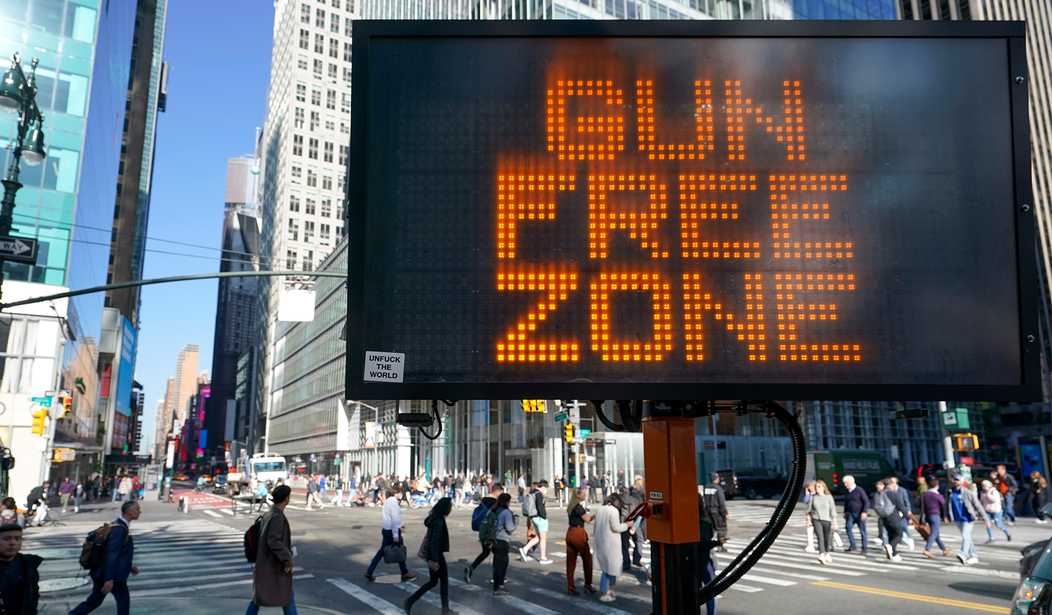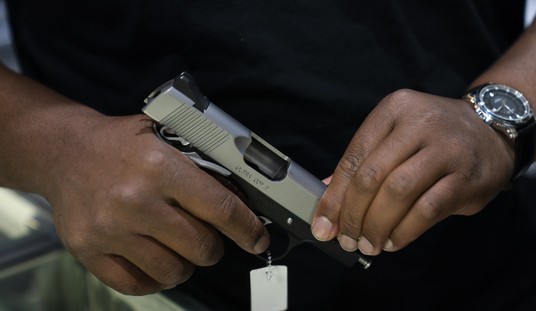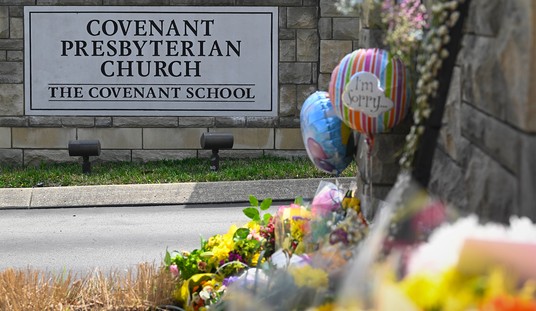While counties in New Jersey have started to issue concealed carry permits without first requiring applicants to demonstrate “good cause” (albeit very slowly in some cases), anti-gun Democrats have unveiled legislation meant to curtail the right to carry as much as possible. On Thursday, the House Speaker and Senate President released details of the proposed bill, and if you listen closely to the wind you might be able to hear the sound of Second Amendment attorneys champing at the bit as they eagerly anticipate filing lawsuits over many of the details in the anti-2A measure.
Among other provisions, this legislation:
- Establishes a thorough vetting process for those who apply for concealed carry permits by increasing the number of non-family references who must vouch for applicants, and creating new disqualifications from the permit process such as “character of temperament” and past violations of restraining orders and convictions.
- Prohibits permit holders from carrying handguns in broad categories including schools, government buildings, polling places, bars and restaurants, theaters, sporting arenas, parks, airports, casinos and childcare facilities.
- Requires property owners to opt into allowing permittees to carry on their premises.
- Requires concealed-carry permittees to undergo gun safety training, including a gun range qualification.
- Imposes new insurance requirements on handgun ownership to ensure victims of an accidental discharge are appropriately compensated and protected.
- Increases permitting fees across the board to cover the cost of stepped-up background checks and these new provisions.
I’d say that every one of those provisions is going to be challenged in court if this bill becomes law, and the state is going to be hard-pressed to come up with the historical analogues necessary to keep them in place. U.S. District Judge Glenn Suddaby, for instance, has already indicated that many of the provisions of New York’s “Concealed Carry Improvement Act” that largely mirror the New Jersey proposal aren’t likely to withstand constitutional scrutiny; including New York’s “good moral character” requirement (described as “character of temperment” in the New Jersey bill) and mandatory bans on concealed carry in bars and restaurants, theaters, sporting arenas, parks, casinos, and childcare facilities.
Suddaby also found that banning concealed carry from all private property by default and only allowing some property owners to “opt-in” is constitutionally questionable, writing in his decision granting a temporary restraining order against many aspects of the CCIA that “the State of New York is now making a decision for private property owners that they are perfectly able to make for themselves (and, in fact, did before the CCIA was enacted), as well as arguably compelling speech on a sensitive issue.” Suddaby went on to say that New York’s argument is largely moot, because the historical record simply doesn’t support this kind of de-facto ban on carrying on all private property. If property owners want to post their locations as “gun-free zones” that’s up to them, but they need to opt-out instead of the state’s mandate that they opt-in.
The New Jersey law does contain a couple of new post-Bruen restrictions not found in New York’s latest laws, including requiring all handgun owners to purchase liability insurance. My colleague Tom Knighton detailed some of the problems with that particular provision a couple of days ago word first started to leak out about the insurance mandate.
There’s no such insurance on the market and, with New Jersey’s population, it’s not likely to create enough of a demand for anyone to actually develop it.
While I have no problem imagining New Jersey officials deciding to do something like this before even looking to see if such a policy exists, I also suspect they already know.
For them, it’s a feature, not a bug.
They can’t be accused of denying people permits if the problem is that no one can meet the requirements, now can they?
Too bad for them that yes, we can.
That’s because it’s one thing if someone is just unable to meet the requirements but quite another if it’s physically impossible for anyone to meet the requirements.
And one like this isn’t likely to survive a legal challenge anyways.
Let’s say, for example, such an insurance policy was created to meet this new demand. If that were the case, then this new requirement would amount to a poll tax. Those have long been declared unconstitutional as you cannot be charged such a fee in order to exercise a basic right.
Even if some company decides to start offering this kind of liability insurance, New Jersey’s mandate is likely to have a chilling effect, particularly on minorities. A 2017 research project by ProPublica, for example, found wide disparities in the cost of premiums between those living in predominantly minority neighborhoods and those living in mostly white neighborhoods.
Insurers have long defended their pricing by saying that the risk of accidents is greater in those neighborhoods, even for motorists who have never had one.
But a first-of-its-kind analysis by ProPublica and Consumer Reports, which examined auto insurance premiums and payouts in California, Illinois, Texas and Missouri, has found that many of the disparities in auto insurance prices between minority and white neighborhoods are wider than differences in risk can explain. In some cases, insurers such as Allstate, Geico and Liberty Mutual were charging premiums that were on average 30 percent higher in zip codes where most residents are minorities than in whiter neighborhoods with similar accident costs.
Our findings document what consumer advocates have long suspected: Despite laws in almost every state banning discriminatory rate-setting, some minority neighborhoods pay higher auto insurance premiums than do white areas with similar payouts on claims. This disparity may amount to a subtler form of redlining, a term that traditionally refers to denial of services or products to minority areas. And, since minorities tend to lag behind whites in income, they may be hard-pressed to afford the higher payments.
Does anyone think that same metric wouldn’t apply when it comes to insurance premiums for owning a firearm? As Tom said, this is the Second Amendment equivalent of a poll tax; a financial burden that must be paid before legally exercising a fundamental right. Yes, Justice Clarence Thomas wrote in Bruen about 19th-Century “surety” laws that required individuals thought likely to cause trouble to post a bond before being able to carry, but those mandates weren’t placed on every gun owner. They were the exception, rather than the rule as in New Jersey’s proposed law.
New Jersey state Senator Ed Durr, who won a shock victory over the sitting Senate President last year, said in a statement that the state has “the strictest gun laws in the country, and this is yet another clear example of the Democrats’ open hostility to the Second Amendment and the Constitution as a whole,” adding, “Let’s be real. Criminals are the problem, not law-abiding citizens who have rights. The bad guys won’t go out and buy gun insurance before they carjack a family or shoot up a neighborhood.”
No, they won’t, but this bill isn’t about stopping violent criminals from carjackings or home invasions. It’s about preventing as many responsible gun owners as possible from carrying a firearm in self-defense, and if this bill does become law the judicial smackdown that will ensue will be glorious to behold. Personally, I’d rather New Jersey gun owners not have to deal with any more infringements on their right to bear arms, but given the anti-gun bent of the state legislature it will likely take another court fight before that right is even close to respected under New Jersey state law.









